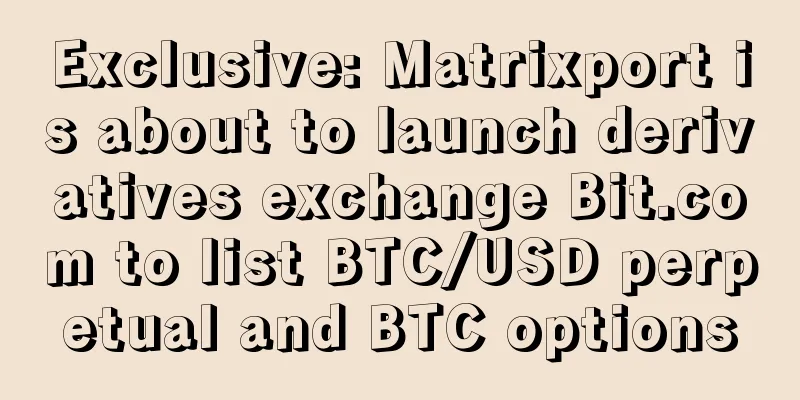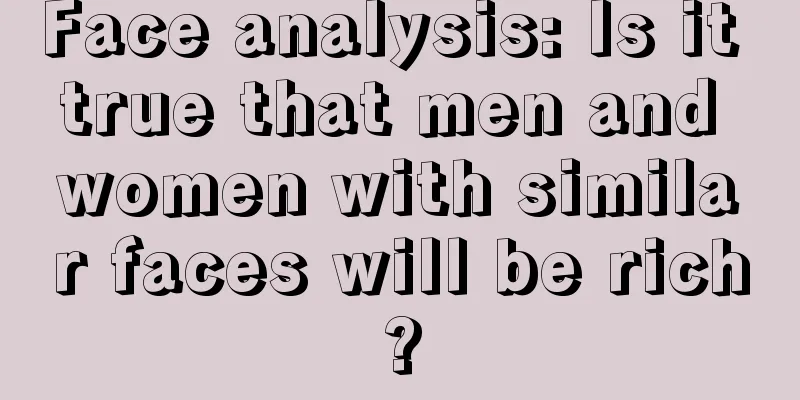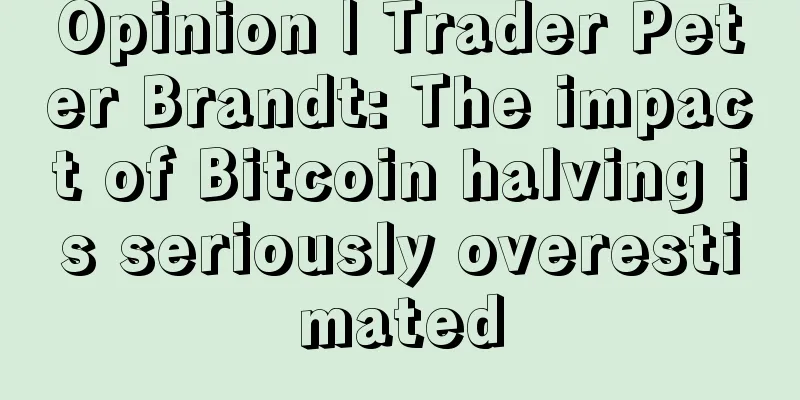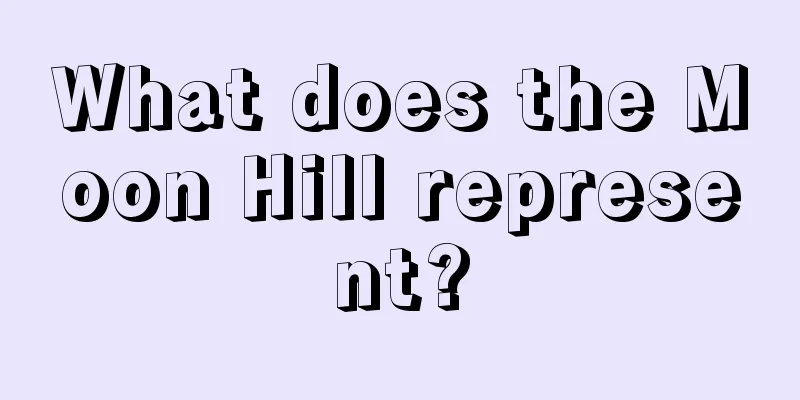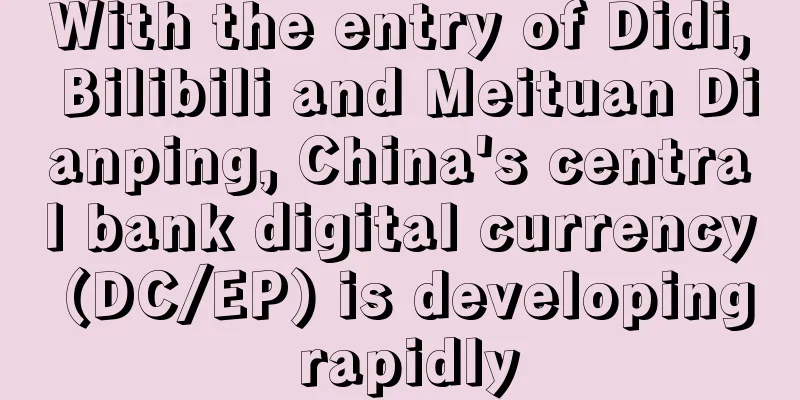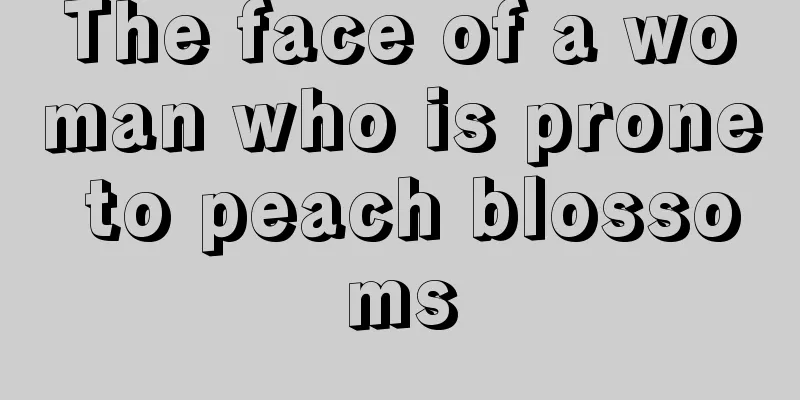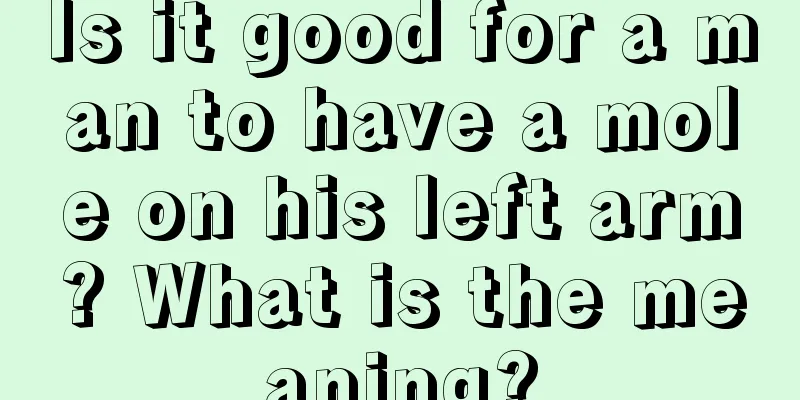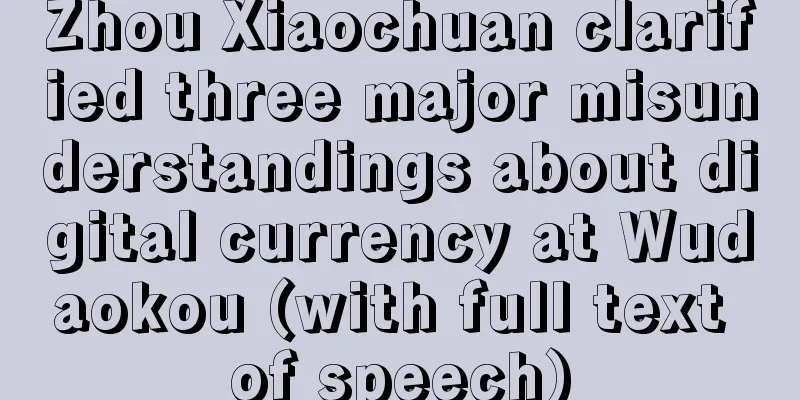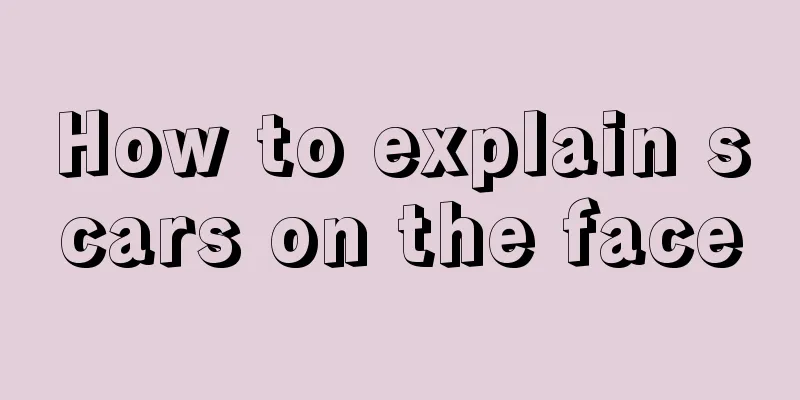European Parliament event discusses blockchain regulation
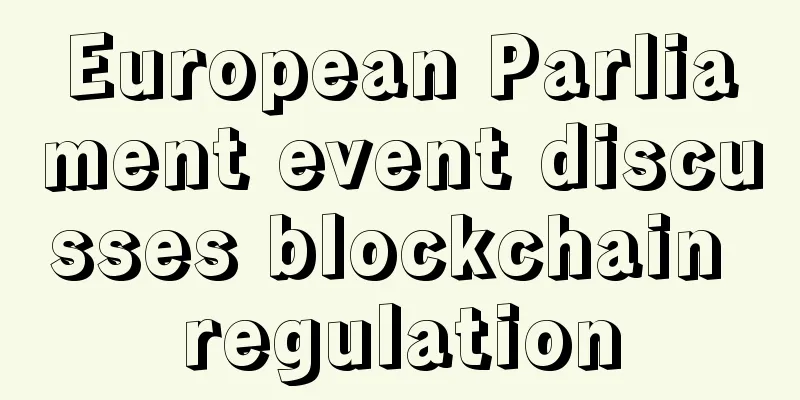
|
As blockchain technology disrupts traditional ways of working, there is now tension between “legal rules” and “code rules” Pindar Wong, chairman of Hong Kong-based financial technology consultancy VerFi, spoke at a European Parliament event in Brussels on blockchain technology. The informal event attracted a large number of experts and stakeholders from the Bitcoin and blockchain industry, as well as government representatives to discuss the topic. The event was hosted by Marietje Schaake, MEP from the Netherlands, and was held in partnership with the Internet Governance Forum’s (IGF) Coalition for Automated Legal Applications (COALA) and the Dynamic Alliance for Blockchain Technology. The workshop was divided into two parts. First, a demonstration of how the technology works and potential applications was presented, after which attendees investigated possible regulatory approaches to blockchain technology. The event comes at a time when bitcoin and blockchain are gaining traction within elements of the EU’s regulatory framework. The EU Parliament’s Economic and Monetary Affairs Committee (ECON) held a hearing in January and later released a report calling for the creation of a task force specifically focused on digital currencies. The European Commission, the EU’s executive arm, and the European Council, which consists of eurozone countries’ heads of state and commission representatives, are also turning to developing policy on blockchain technology this year. Notably, some at the event fostered the idea that regulation of distributed ledger technology could be done through code itself, rather than in a top-down manner from one agency to another. Application of blockchain in managementIn his opening remarks, Wong referred to blockchain technology as an “innovative platform where you can program its power into money.” He said blockchain technology could revolutionize the way money works in terms of transparent and verifiable transfers of ownership. Primavera De Filippi, a researcher at Harvard University, said blockchain could transform the current financial industry and eliminate the need for financial intermediaries. This, she said, would allow people who don’t trust each other to actually communicate and transact value. De Filippi also explored how distributed ledgers can improve governance through transparency. She believes that blockchain technology has the potential to decentralize overly concentrated power to “marginal” institutions, providing a way to reduce corruption by providing voters with a greater degree of visibility. This, she argues, could mean that traditional organizational structures will gradually become more flexible and able to adapt more quickly to changing circumstances. Management RulesHenning Diedrich, a programmer who works on IBM's Internet of Things blockchain, weighed in on using blockchain technology to facilitate the creation of decentralized entities. Diederick explained that a physical company could be run using various smart contracts, such as the decentralized developments of Uber and Facebook. But he warned that such a system could be difficult to manage. He said:
Referring to writer Isaac Asimov’s famous Three Laws of Robotics, he raised the question of who is writing the rules or establishing automated regulatory mechanisms in a world increasingly governed by automated systems. He said:
This sentiment was echoed by Wong, who foresaw problems arising when blockchain is used to manage large numbers of devices within the framework of the Internet of Things. He said:
He then went on to say that it is very important to have a management model in this situation. Regulatory issuesWong raised the question through his presentation: whether blockchain technology should be regulated. He asked:
This suggests that regulation could stifle innovation in the field, and Wong raises the possibility that blockchain itself could be used to satisfy those sensory needs. De Filippi shared a similar sentiment, asking what exactly it would mean to regulate blockchain technology. She said:
De Filippi suggested that it would make more sense to focus regulation on applications built on open-source private blockchains rather than on regulating blockchains themselves. Ruth Wandhöfer, global head of regulatory and market strategy at Citi, outlined how distributed ledgers could indeed bring beneficial changes to the financial sector. Private and hybrid blockchains can increase privacy and control, she said, and by eliminating intermediaries, they can force banks to change, or even disintermediate them entirely. Another benefit comes from removing what she called centralized “honeypots” that are attractive to bad actors. However, Wandhöfer concluded that a certain degree of regulation is necessary to build trust. Original article: http://www.coindesk.com/european-parliament-event-explores-coding-regulation-into-blockchain-tech/ |
>>: London Bitcoin Forum held in March - a major conference on Bitcoin and blockchain technology
Recommend
Rumor has it that Fuyuancoin is coming to Thailand
Recently there have been rumors that Fuyuan Wealt...
Top hacker confesses: I used to earn millions of dollars a month by stealing Bitcoin
There are only a few hundred people in the world ...
What does a woman's big nostrils mean? What does one big and one small mean?
The nose represents the palace of wealth. Does it...
Is it good luck for a woman to have twin moles?
Everyone has moles on their bodies. These moles g...
What does a mole on a girl's right ring finger mean?
Moles exist on everyone's body, but the locat...
Is it good for a woman to have a big mouth and high cheekbones?
Everyone's facial features are very different...
What are the fortunes of women with chin grooves?
I believe that sometimes, everyone has noticed an...
Expanse releases blockchain voting platform demo
Rage Comment : Blockchain startup Expanse aims to...
Introduction to Palmistry: What is the Passing Hand?
Introduction to Palmistry: What is the Passing Ha...
Is it good for a man to have wrinkles between his eyebrows?
As we age, wrinkles appear on our faces, the most...
Where is the mole of misery? What is the fate?
Everyone has some moles on their body more or les...
What kind of face makes women have the hardest life?
What kind of face makes women have the hardest li...
What are the characteristics of a woman who is cruel?
In life, we can find that some people do things w...
What does the eyelid mean? Good luck in love.
For a person, his or her facial features can ofte...
A man with a mole that brings bad luck to his wife should not be married
If a woman has the potential to bring bad luck to...
